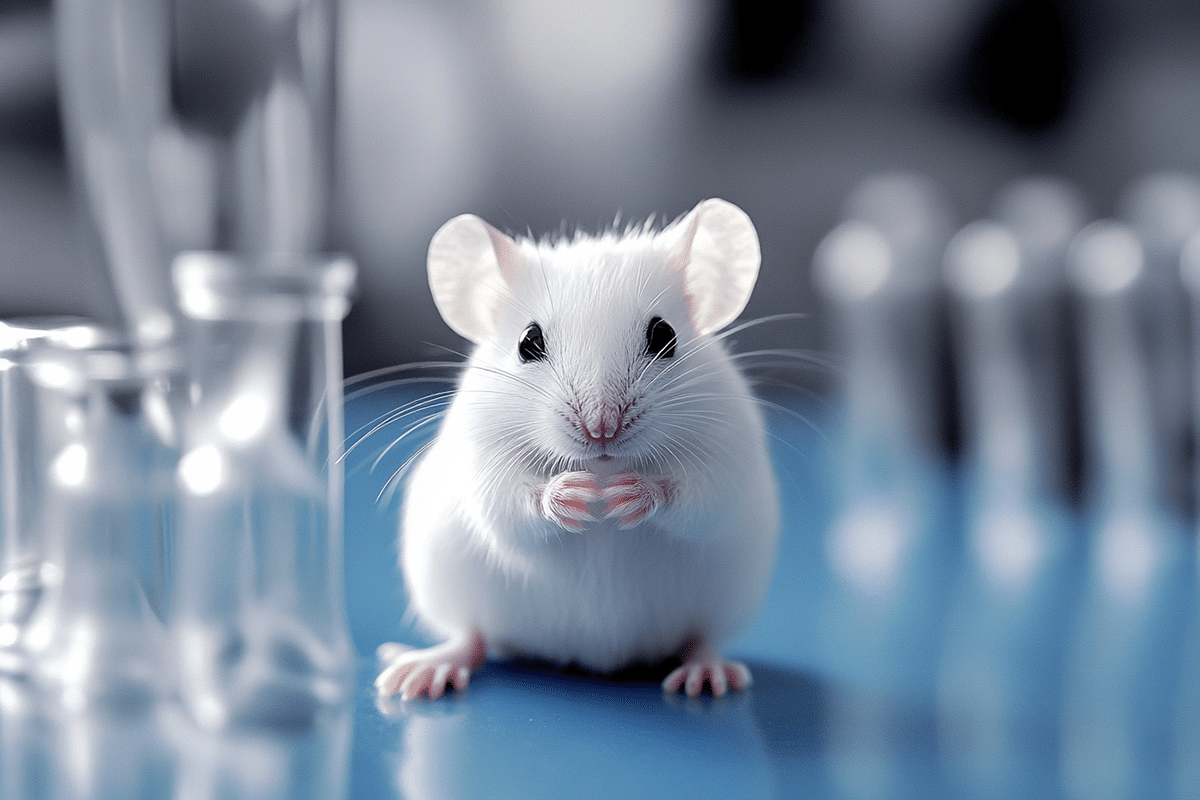Animal testing has been a contentious practice, weighing scientific progress against profound ethical dilemmas. Each year, countless animals endure harmful experiments to test the safety and efficacy of drugs, chemicals, and even cosmetics. While historically seen as a necessary measure, advancements in technology are gradually shifting this paradigm.
Why Animal Testing Persists
Animal testing remains a widespread practice due to its perceived necessity for ensuring human safety. Testing substances on animals helps researchers understand toxicity levels and potential risks before human trials. Certain experiments, such as genetic modifications or controlled dietary studies, are only feasible on animal subjects. These studies provide critical insights into conditions like gut microbiome interactions or genetic disorders.
While efforts are being made to minimize animal use, the complexity of living systems still often requires animal models. Some experiments involve procedures like engineering animals to lack specific genes or keeping them in sterile environments—tasks impossible to replicate with humans. Despite progress, alternatives cannot yet fully replicate the intricate cellular interactions of a living organism.
Emerging Alternatives: A Path to Humane Research
In recent years, alternatives to animal testing have gained traction, driven by ethical concerns and technological innovation. These methods fall into three primary categories:
- In Chemico: Testing on isolated components like proteins or DNA.
- In Vitro: Using cell cultures grown outside of living organisms.
- In Silico: Employing advanced computer models and simulations.
These modern approaches have already replaced traditional tests in certain areas. For example, new methods involving artificially grown human corneal cells or computer simulations have largely eliminated the need for in vivo eye irritation studies in drug development. These alternatives provide accurate and humane solutions for evaluating toxicity and efficacy.
Success Stories in Non-Animal Testing
Several breakthroughs highlight the potential of alternative methodologies. These approaches have played a role in the approval of drugs like remdesivir for COVID-19 and have been instrumental in expanding treatments for genetic diseases such as cystic fibrosis. In vitro cell models have demonstrated their ability to replicate complex genetic conditions, offering insights into drug efficacy that rival traditional animal-based methods.
These advancements are not only ethical but also scientifically superior in some cases. Human-based models often yield more accurate data, addressing limitations inherent in animal studies caused by biological differences between species.
Challenges and Future Outlook
Despite these advancements, a complete transition away from animal testing remains a challenge. Regulatory frameworks continue to rely on animal data in certain contexts, and the complexity of human biology cannot yet be fully replicated by alternative methods. However, initiatives like the FDA’s qualification programs are paving the way for broader acceptance of non-animal testing methodologies.
As alternatives improve, public sentiment increasingly supports their adoption. With more than half of U.S. adults opposing animal testing, the push for humane and scientifically advanced methods is stronger than ever. While animal testing is still deemed necessary in some cases, progress in alternative approaches offers hope for a future where ethical research and scientific innovation go hand in hand.
